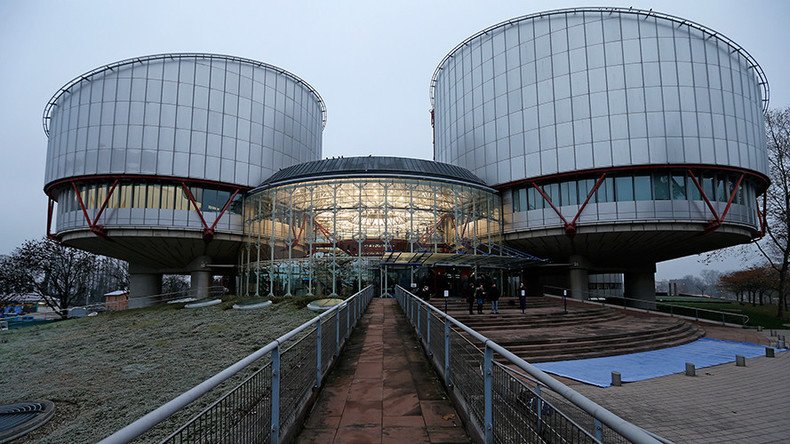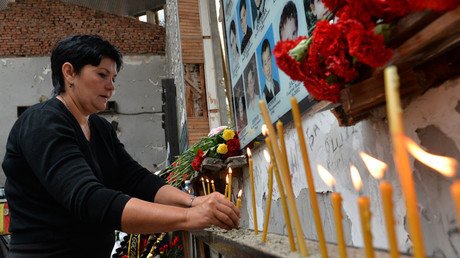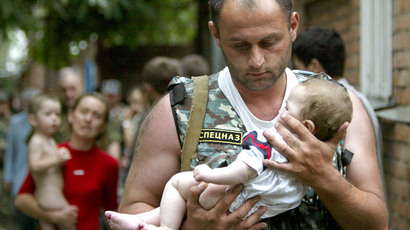European Court’s anti-Russian ruling could harm international war on terrorism – snr senator

The European rights court’s refusal to reconsider a ruling against the Russian government over compensating the victims of the 2004 terrorist attack in Beslan could negatively affect other nations’ determination to fight terrorism, says a leading senator.
“Shall we doubt the fact that such court rulings against nations can significantly affect their determination to stand against terrorism in current conditions when it rears its head again,” Konstantin Kosachev, the head of the upper house Committee for International Relations, told RIA Novosti.
We must learn our lessons and exchange experience, we must perfect our methods and weapons and all this comes with time and at a cost of bitter experience,” he added.
“Today, it is probably easier to theorize how people should have behaved in such a situation and what the actions of a model state with model special services should be. Every such tragedy is a bitter lesson for us all,” he said.
The comment came soon after the Grand Chamber of the European Court of Human Rights (ECHR) refused to review the April ruling that the Russian authorities had failed to take measures to prevent the hostage crisis in a school in the Russian city of Beslan in 2004, and had used excessive force to end the siege and eliminate the terrorists.
This left in force ECHR’s order to the Russian government to pay over €3 million (US$3.6 million) to 409 citizens who had lodged the joint complaint.
Kosachev also noted in his comment that it was important to remember the exact circumstances of the Beslan siege, as well as other attacks, especially the fact that international media had described the terrorists as “freedom fighters” and various forums and politicians threw their support behind the extremists.
“Just as it happens today, back then they did not care who fights with what methods, they only important thing was that they fought against Russia. By this they justify any actions of terrorists and question any resistance attempts by the state,” he said.
The Russian Justice Ministry released a statement dedicated to the ECHR ruling on Wednesday in which it expressed regret over the fact that the Grand Chamber was not convinced by arguments presented by the Russian authorities.
The statement read that the ruling can be seen as a use of double standards, because the Russian appeal pointed out obvious contradictions between the decision on the Beslan siege case and decisions on similar cases that had taken place in other European nations.
The ministry also noted that the court could have done a more thorough and weighted examination of all circumstances of the terrible tragedy, especially in the current conditions when the threat of terrorism has increased worldwide and a wave of terrorist attacks has hit European nations, such as Germany, France and the UK.
The Beslan hostage crisis took place in early September of 2004 in the city of Beslan in the Russian internal Republic of North Ossetia. A group of terrorists trying to force Russia to relinquish its sovereignty over the Chechen Republic captured over a thousand hostages in one of the city’s schools, most of them children and teenagers.
After three days of standoff, Russian special services stormed the school. The chaotic battle that ensued ended in one of the bloodiest tragedies in Russia’s modern history with 334 people dead, 318 of them hostages, including 186 children.













